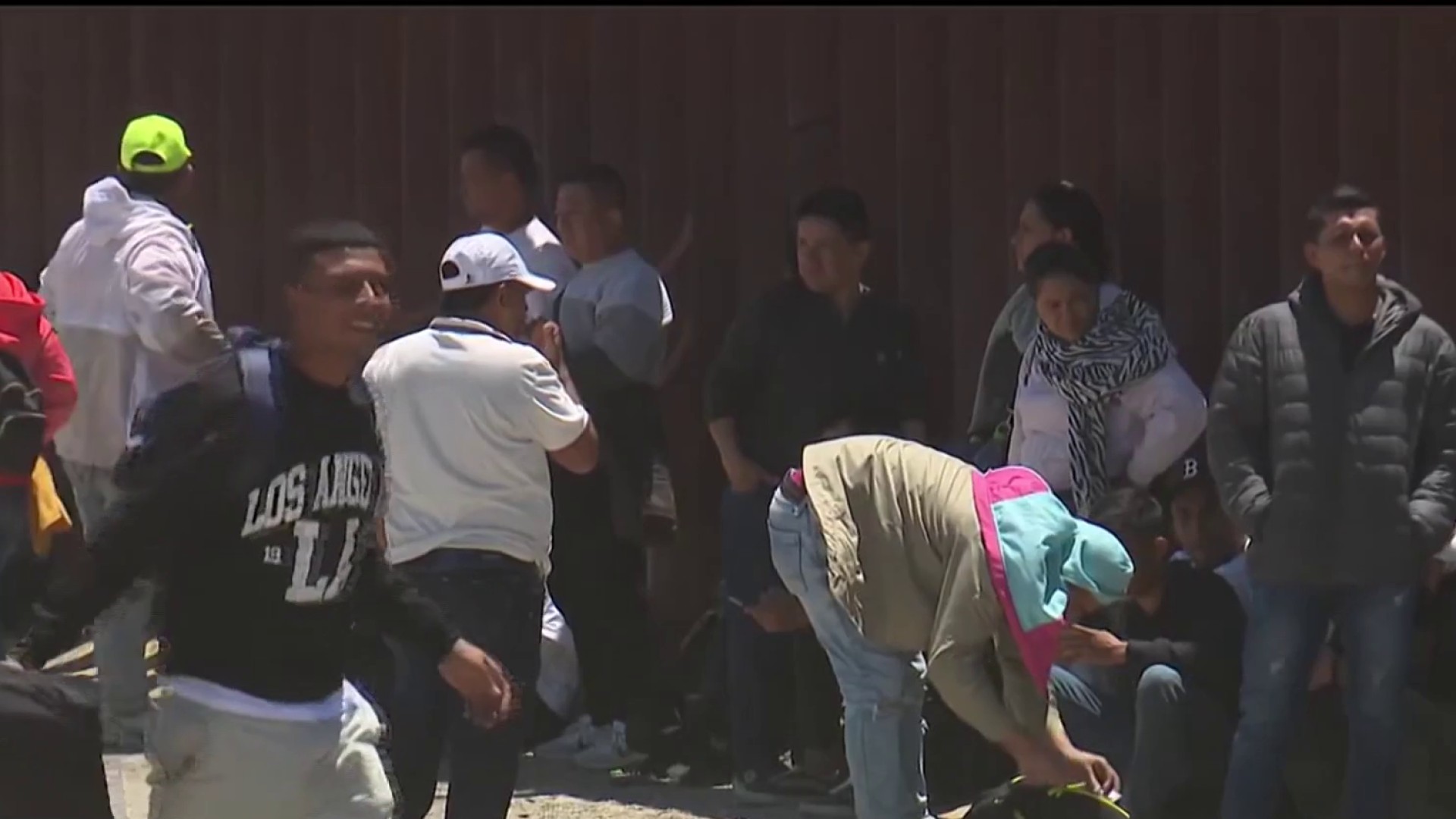In the month since President Joe Biden’s executive action fast-tracking deportation for most migrants entering the U.S. illegally, federal officials say encounters and apprehensions at the border have dropped in San Diego and nationwide.
The executive action that took effect June 5 fast tracks deportation for all migrants who cross the border outside ports of entry, unless they have a credible fear that allows them to seek asylum. In the first three weeks under the new action, the Department of Homeland Security said encounters at the border declined by more than 40% to under 2,400 per day — the lowest level since January 2021.
Relevant content:
In San Diego, Customs and Border Protection said agents apprehended 8,488 people the week before the executive action. By the end of June, that figure fell by more than half to 3,696 apprehensions.
Get top local stories in San Diego delivered to you every morning. Sign up for NBC San Diego's News Headlines newsletter.
Nationwide, DHS said more than 24,000 people have been removed since the action took effect, and the percentage of people removed directly from Border Patrol custody doubled.
Advocates who work directly with migrants said most coming to the U.S. are generally not aware of the executive action.
“Many don't really know what it means,” said Pedro Rios, director of the American Friends Service Committee. “They've heard that there are some changes and that those changes might affect them, though the details of what those changes are, it's something that really escapes them.”
Marcela Suza arrived at the border in San Ysidro on Monday after traveling with her family for eight days from Colombia to seek asylum. She said the journey with her two small children was difficult, but she came to the U.S. to give them a better future.
She said she didn’t know much about the immigration process and had not heard of the executive action. She said she was simply looking for help from the U.S. government after escaping a difficult life in Colombia.

Rios said there are likely multiple factors impacting that decrease in crossings, pointing in particular to the sweltering heat, which he said causes crossings to drop each summer. He said the executive action may cause people to cross through more remote areas that are more difficult to traverse.
“I think it places migrants in greater danger, greater harm, because they might force people to cross through much more treacherous terrain, such as the deserts and the mountains,” Rios said.
Another factor possibly impacting the number of border crossings is Mexico’s approach to its border, said immigration attorney Esther Valdes Clayton.
“They've been effective in clamping down their border to the Central American immigrants that are coming from South and Central America, using Mexico as a bypass to enter the United States,” Valdes Clayton said.
Valdes Clayton said the decrease in crossings will allow for those in the immigration system to be processed more quickly.
“Most of the asylum applicants will not prevail in court,” she said. “When you overwhelm the system, you end up with 3.7 million immigration cases that are currently in a backlog, and most of those will not prevail.”



